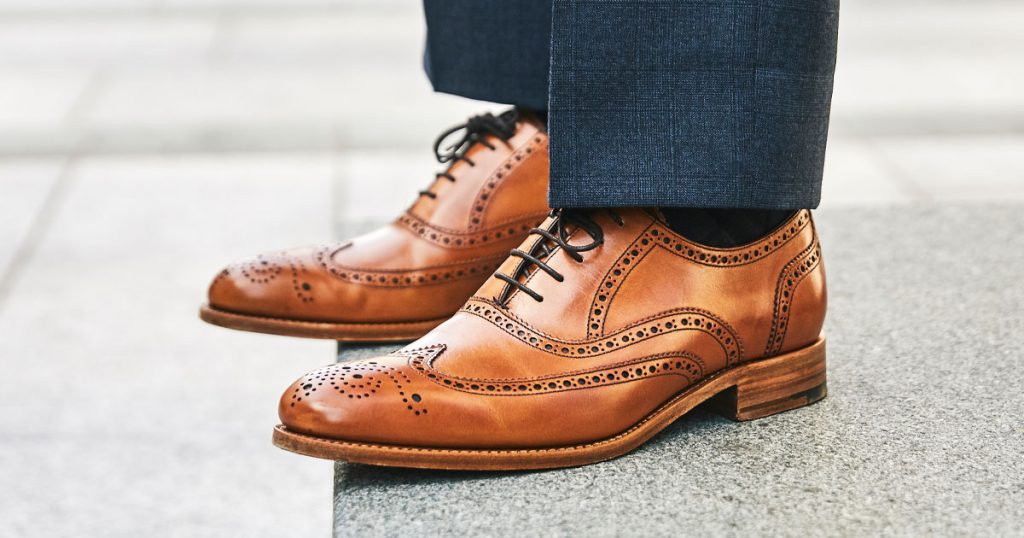
I would like to introduce myself. My name is Jared Acquaro and I live in Melbourne, Australia. For the past 10 years, I have worked in the menswear industry for companies and brands both locally and internationally. My earlier years were predominantly focused on quality footwear, then onto tailoring through to vintage.
For the past 13 months, I have been training as a cobbler. This job has been very eye-opening in terms of true quality over brand and the many types of construction available around the world.
Today, I’d like to go over a few types of construction that you will find in the Herring Shoe range and what the benefits of each are. This will be the first in a series of educational posts to help everyone keep informed of the different aspects of footwear.
I have listed them in order of popularity.
Goodyear welt:

Goodyear welting is where a welt is stitched though the upper and lining to ribbing (gemming) that has been bonded to the insole. The mid and/or outer sole is then stitched to the welt. It is this welt stitch, holding the sole in place, which we can cut through to remove of the sole without causing damaging the upper. Thus, allowing for maximum longevity. This type of method is very common in high-quality leather shoes.

Blake Stitch:

The Blake stitch or McKay method as it is sometimes known is where the insole, lining, upper and outer sole, are all stitched together from inside the shoe. This type of construction is quite famous for bringing shoemaking into the industrial revolution, as it can only be done by a machine and not by hand. Outer soles can still be replaced, although after a few replacements the innersoles may need to be replaced as well. The benefits of this method are more for the aesthetics, as there is no welt, the shoe is less wide and not as heavy, making for a more elegant profile.

Storm Welting:

Storm welt construction is a variation of Goodyear welting; this is where the welt has an extended lip on the inside that goes up the upper to seal off where the two meet. This makes for a more watertight construction, perfect for winter and rainy months. Usually, you would find this method predominantly on boots but still the odd country-style derby shoe.

We will continue with a few less known construction methods down the track, but stay tuned for the next instalment where we focus on caring for your quality shoes and how to style them.
Until then, buy smart, buy well.
Regards
Jared Acquaro